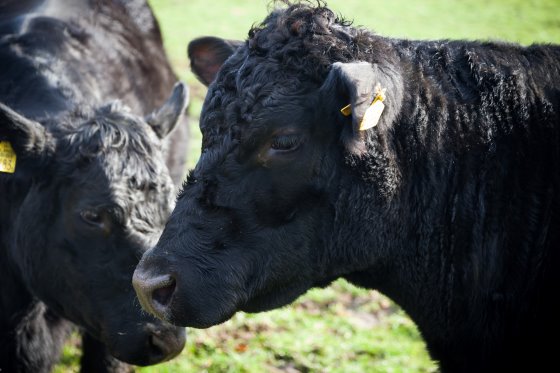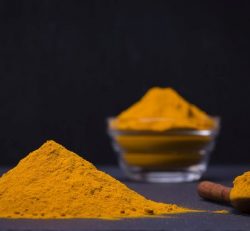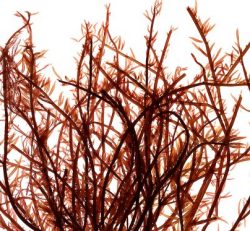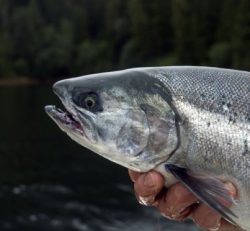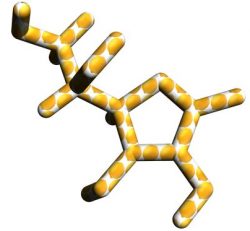ANTIOXIDANTS AND SELENIUM YEAST FOR BULLS
A combination of antioxidants and selenium yeast for beef bulls helps improve the meat quality, as shown in a new trial by the Universidad Politéchnia de Madrid.
Today, meat quality is a key criteria of choice for consumers, processors, and retailers. Meat quality is defined by three types of parameters: 1) Composition: lean to fat ratio, meat percentage, intramuscular fat, marbling, protein, and muscle area, 2) Physical/functional criteria: water holding capacity, isometric tension, muscle fibre shortening, pH, and cooking loss and 3) Palatability, or organoleptic criteria: appearance (colour ), juiciness, tenderness, odour and flavour.
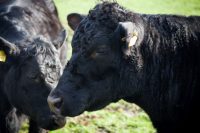
Angus bulls were supplemented with a combination of antioxidant sources and melon juice concentrate. Photo: Joris Telders
Antioxidant combination improves meat quality
A trial was conducted by the department of Animal Production from Universidad Politécnica of Madrid, in Spain, on Angus bulls in their finishing period. The animals were supplemented for 52 days with a combination of antioxidant sources (selenium-enriched yeast*) and melon juice concentrate**, rich in SOD. Meat quality parameters were measured on beef chops after over 12 days of maturation. Meat colour was assessed with spectrocolorimeter and tenderness with the Warner-Braztler method, which measures the firmness of the muscle (inversely proportional to tenderness). Results indicate that the tone of the meat colour (Figure 1) and tenderness (Figure 2) were significantly improved with the antioxidant supplementation (P<0.1). these results further confirm previous data from padova university (cozzi>et al., 2011) on Charolais beef, showing that this type of selenium yeast improved meat processing and organoleptic qualities. In this trial, Charolais beef were supplemented during the finishing period (140 days), and meat quality was evaluated after five and ten days of maturation, showing in both cases: A reduction of meat drip loss during maturation, offering better yield for the slaughterhouse, an improved meat tenderness and an enhanced meat aspect (lightness).
Figure 1 – Effect of antioxidants supplementation to finishing Angus beef cattle on meat colour tone after 12 days of maturation.
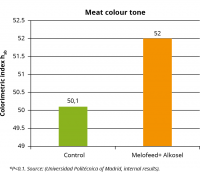
Flavour and colour are retained
Meat quality can be influenced by various factors, such as the genetic, and farm and animal management practices up to slaughtering, including animal nutrition. Oxidative stress can be important in highly productive animals and triggered by different factors such as heat stress, transportation, vaccination, mixing of the animals etc. In this context, antioxidant supplementation is important. Not only for optimal health and fertility, especially in high producing animals, but also for meat quality. This is because an improved antioxidant status slows down lipid oxidation, so that flavour and colour are retained and by protecting the endogenous enzymes responsible for meat maturation (proteases) and thus meat tenderness.
Figure 2 – Effect of antioxidants supplementation to finishing Angus beef cattle on meat firmness, representative of tenderness after 12 days of maturation.

Laurent Dussert
Source: www.allaboutfeed.net


